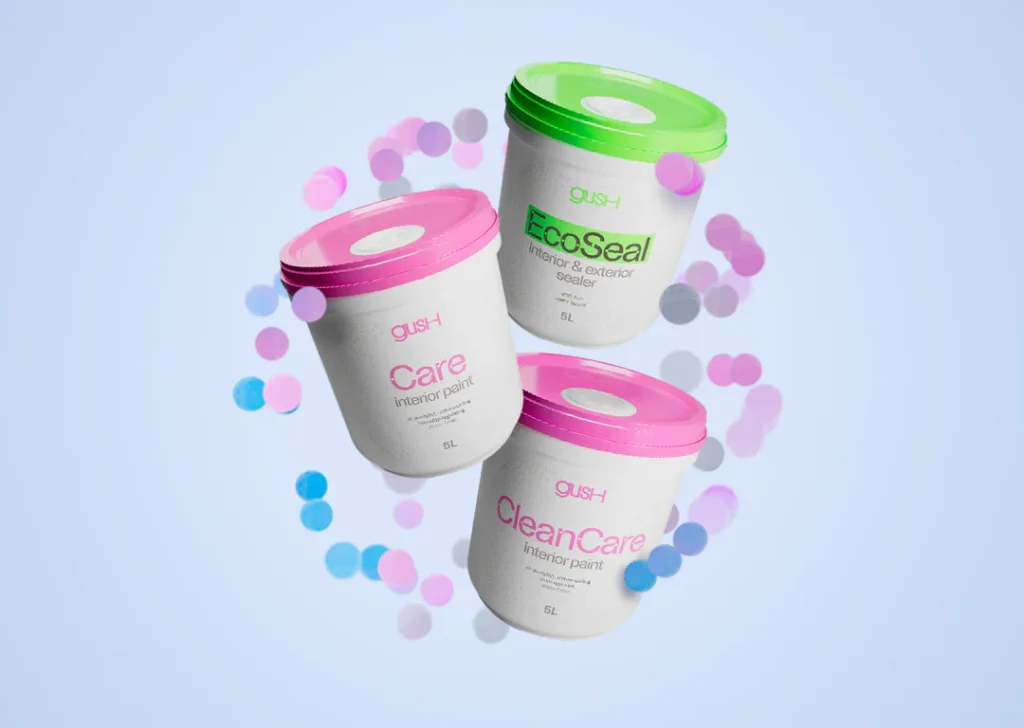When embarking on a painting project, estimating the amount of paint needed can be a daunting task. Fortunately, paint calculators have emerged as invaluable tools that simplify this process. With various options available, knowing which paint calculator is right for you can make all the difference. This guide will compare some of the most popular paint calculators on the market, helping you choose the best one for your specific needs.
Why Use a Paint Calculator?
Before diving into the specifics of each paint calculator, it’s essential to understand the benefits of using one:
Accuracy: A paint calculator provides a precise estimate of the amount of paint required, reducing the risk of overbuying or underbuying.
Time-Saving: Calculators streamline the planning process, allowing you to focus on other aspects of your project.
Cost Efficiency: By accurately estimating paint requirements, you can save money by avoiding unnecessary purchases.
Features to Look For
When comparing paint calculators, consider the following features:
User-Friendly Interface: The calculator should be easy to navigate, even for those with minimal experience.
Customization Options: The ability to input specific measurements, paint types, and finish options can improve accuracy.
Coverage Estimates: Look for calculators that account for different paint types and finishes, as they can affect coverage rates.
Additional Calculations: Some calculators offer estimates for additional supplies, such as primers or tools, which can be helpful for comprehensive project planning.
Popular Paint Calculators Reviewed
Sherwin-Williams Paint Calculator
Overview: Sherwin-Williams offers a straightforward paint calculator that caters to both DIY enthusiasts and professionals.
Key Features:
Simple Interface: Users can easily input dimensions for walls, ceilings, and trim.
Multiple Paint Types: The calculator allows for the selection of different paint types, including interior, exterior, and specialty paints.
Coverage Estimates: It provides coverage estimates based on the selected paint type, ensuring accuracy.
Pros:
Trusted brand with quality products.
Easy to use, even for beginners.
Offers options foqr both paint and primer.
Cons:
Limited to Sherwin-Williams products, which may not be ideal for those using different brands.
Benjamin Moore Paint Calculator
Key Features:
Advanced Options: Users can specify the dimensions for each wall, ceiling, and door, giving a comprehensive estimate.
Finish Selection: The calculator allows users to choose different sheens and paint types, influencing coverage calculations.
Savings Estimator: It also offers tips on saving money and materials, helping users stay within budget.
Pros:
Comprehensive and customizable options.
Offers guidance on best practices for painting projects.
Detailed coverage calculations based on various factors.
Cons:
The interface may be slightly more complex for first-time users.
Dulux Paint Calculator
Key Features:
Quick Estimates: Users can quickly input room dimensions and receive an estimate in seconds.
Additional Supplies: It also calculates the amount of primer and other necessary materials based on the inputs.
Local Availability: Offers options based on the user’s local Dulux store.
Pros:
Fast and easy to use, ideal for quick estimates.
Integrates local store options for purchasing.
User-friendly interface with minimal required inputs.
Cons:
Limited customization options compared to more advanced calculators.
Behr Paint Calculator
Key Features:
Wall Type Selection: Users can choose the wall type (smooth, textured, etc.), which impacts coverage estimates.
Interior/Exterior Options: The calculator allows users to select whether the project is for interior or exterior surfaces.
Customizable Coats: Users can specify the number of coats, ensuring accurate estimates.
Pros:
Versatile and suitable for various painting needs.
User-friendly with clear instructions.
Great for beginners who need guidance.
Cons:
May not provide as detailed estimates as some competitors.
Paint Coverage Calculator (Online Tool)
Overview:
This online tool is a generic calculator that offers basic paint coverage estimations.
Key Features:
Basic Input Fields: Users input dimensions, paint coverage, and number of coats needed.
No Brand Affiliation: This calculator is not tied to any specific paint brand, providing flexibility for users.
Pros:
Simple and straightforward to use.
No need to purchase specific products, making it versatile.
Cons:
Lacks advanced features and brand-specific recommendations.
Coverage rates may vary significantly depending on paint type and application method.
Choosing the Right Paint Calculator for Your Needs
When deciding which paint calculator to use, consider the following factors:
Project Size: For large projects, a more comprehensive calculator with advanced options may be beneficial. Smaller projects can utilize simpler calculators.
Brand Loyalty: If you prefer specific paint brands, using their calculators can provide more accurate estimates based on their product lines.
Experience Level: Beginners may benefit from calculators that offer guidance and simple interfaces, while experienced painters might prefer more advanced features.
Tips for Using a Paint Calculator Effectively
Double-Check Measurements: Always measure your walls and surfaces accurately to ensure the calculator provides a precise estimate.
Factor in Surface Texture: Consider the texture of the walls, as this can affect paint coverage. Textured surfaces typically require more paint.
Allow for Waste: It’s wise to add an extra 10-15% to your total paint estimate to account for waste, spills, and touch-ups.
Consult Store Experts: If you’re unsure about the right paint or coverage estimates, don’t hesitate to consult experts at your local paint store.
Conclusion
Choosing the right paint calculator can significantly streamline your painting project, ensuring you have the correct amount of paint for the job. By comparing popular options like Sherwin-Williams, Benjamin Moore, Dulux, Behr, and generic online calculators, you can find the tool that best suits your needs. Remember to consider your specific project requirements, experience level, and brand preferences when making your choice. With the right paint calculator in hand, you’ll be well on your way to a successful painting endeavor!

Comparing Popular Paint Calculators
Posted inBusiness

